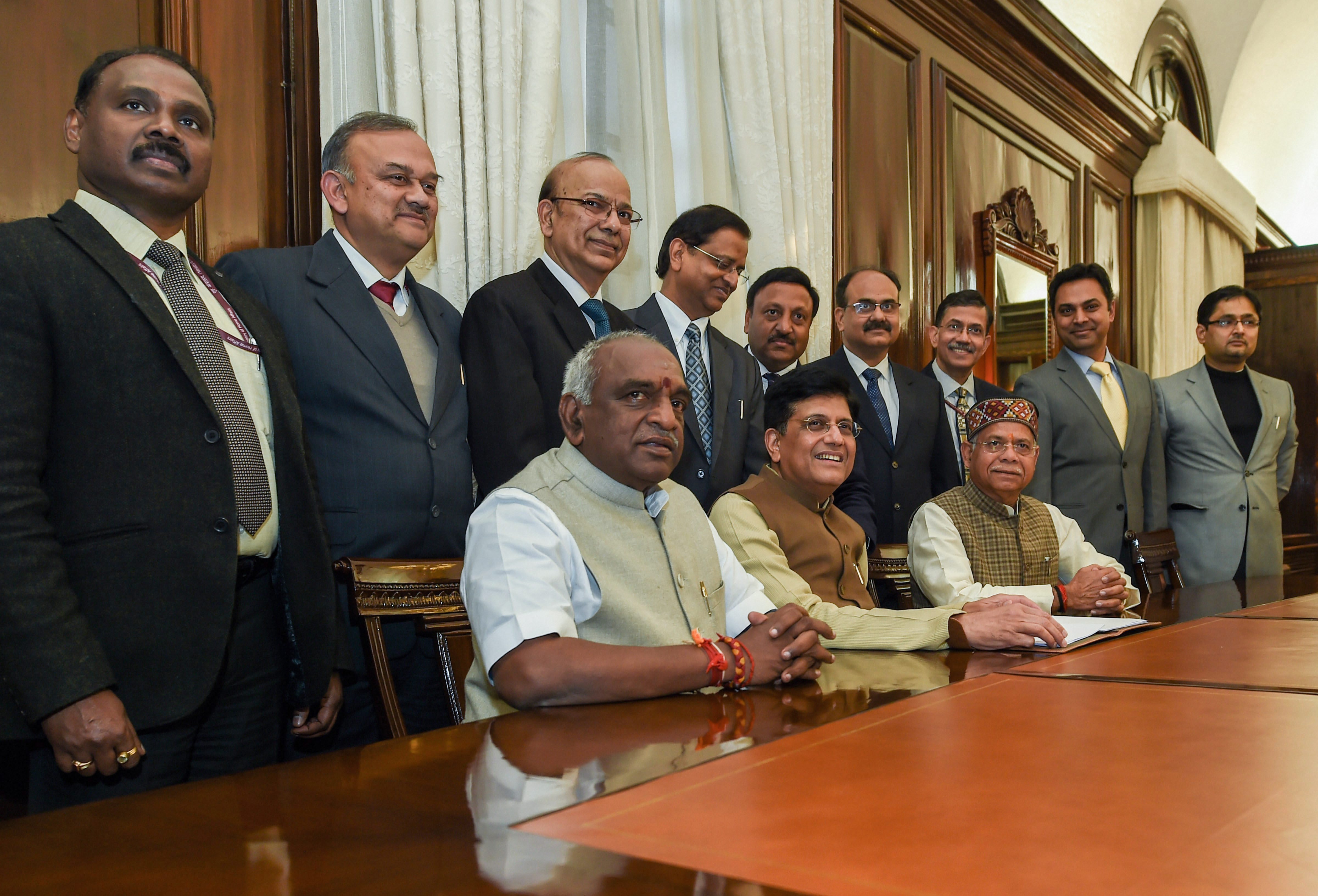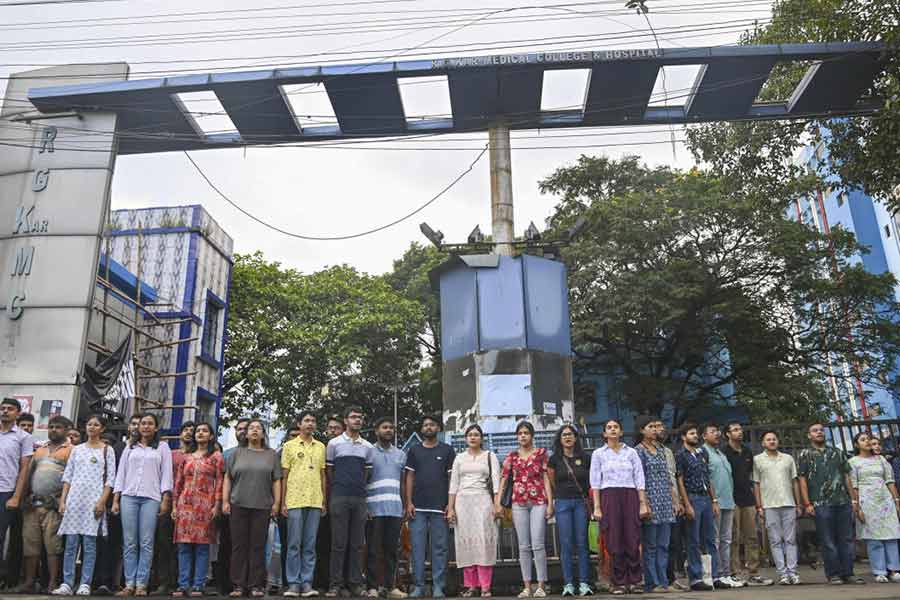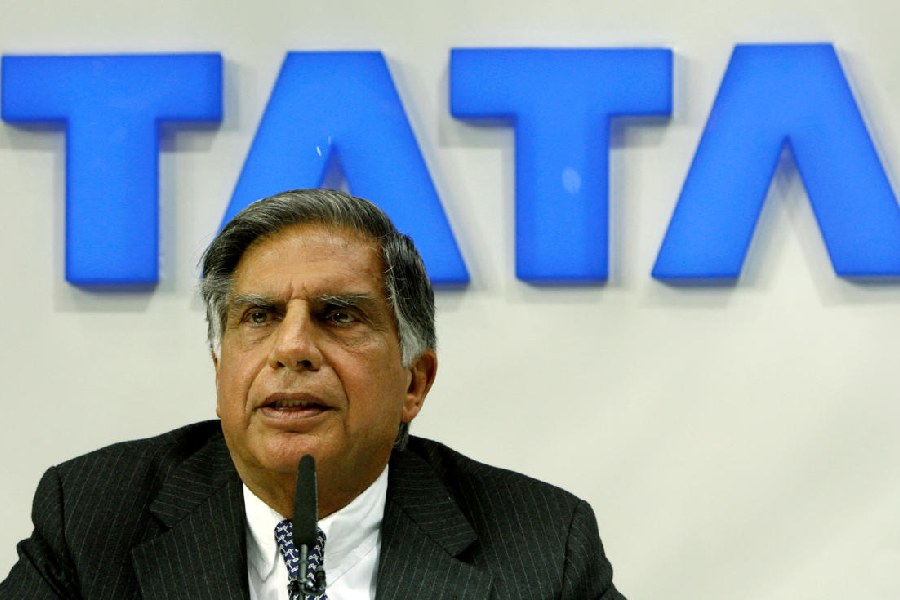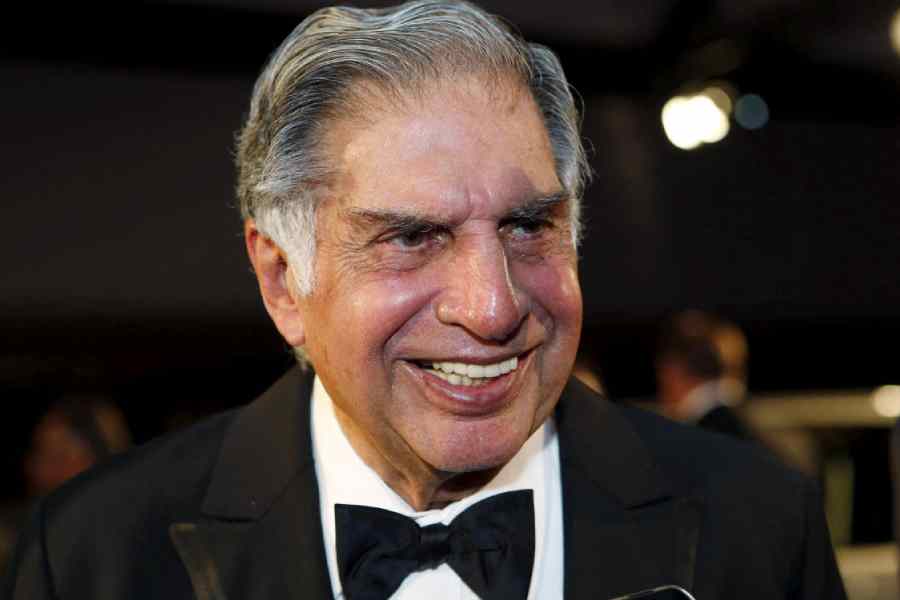There has been a lot of fuss over the distinction between a full budget and an interim budget or vote on account. The latter is a name for the permission given by Parliament to meet essential expenditure such as salaries, pensions and debt repayments. This permission is contained in Article 116(1).
But notwithstanding that article, a vote on account is no more than a convention, not a constitutional requirement as such. What the Constitution provides for is a vote on account, not its contents.
This was best summed up by N Madhavan of the think tank PRS Legislative Research, who is an expert on such matters. He told The Hindu: “In theory, there is nothing that stops any government at any time to bring in a Bill to amend any Act. Technically, the Income Tax Act can be amended in the monsoon or winter session. If it is purely a tax issue, it is clearly a money bill, and so only the Lok Sabha matters. But as a matter of convention, the Income Tax Act is amended only during the main Budget.”
So in that sense the vote on account is a convenient fiction for the Opposition which hopes to form the next government.
It should also be kept in mind that sometimes a government can present a full budget and then fall so that a general election becomes necessary. This has happened in 1979, 1989, 1998 and 1999 when a full budget had preceded a general election.
You could argue that the finance minister didn’t know the government would fall when the budget was presented. True. But it makes no difference on the ground because vote on account or not, a new government is rarely able to make a total departure from the past.
This has happened only three times since 1947 – in 1957, 1970 and 1991. Otherwise, all budgets have maintained continuity of tax and expenditure policies.
Nor is it true that new policies – especially expenditure policies – are not announced in vote on account-type budgets. In recent memory, Jaswant Singh’s 2004 vote on account and P. Chidambaram announced major expenditure programmes just before the general election. So had Pranab Mukherjee in 2009.
Singh announced the Antodaya scheme but no new taxes.
Mukherjee announced an interest rate subvention for exporters and higher defence expenditure.
Chidambaram announced OROP in 2014. None of them announced changes to the Finance Bill or the Income Tax Act, though.
It is also not true that announcements in the budget in an election year have any effect whatsoever on the outcome of the election. It has never happened and is unlikely to happen now. What matters is what has happened in the previous four years.
Furthermore, this year with the GST there, the government’s hands are tied. There is no scope for the government to announce changes in indirect taxes in the Budget. That leaves the direct taxes in which we can expect some minor tweaks. But those have zero impact on voters who look at inflation and jobs.
So there is no reason to get very excited. Stay calm and carry on.











